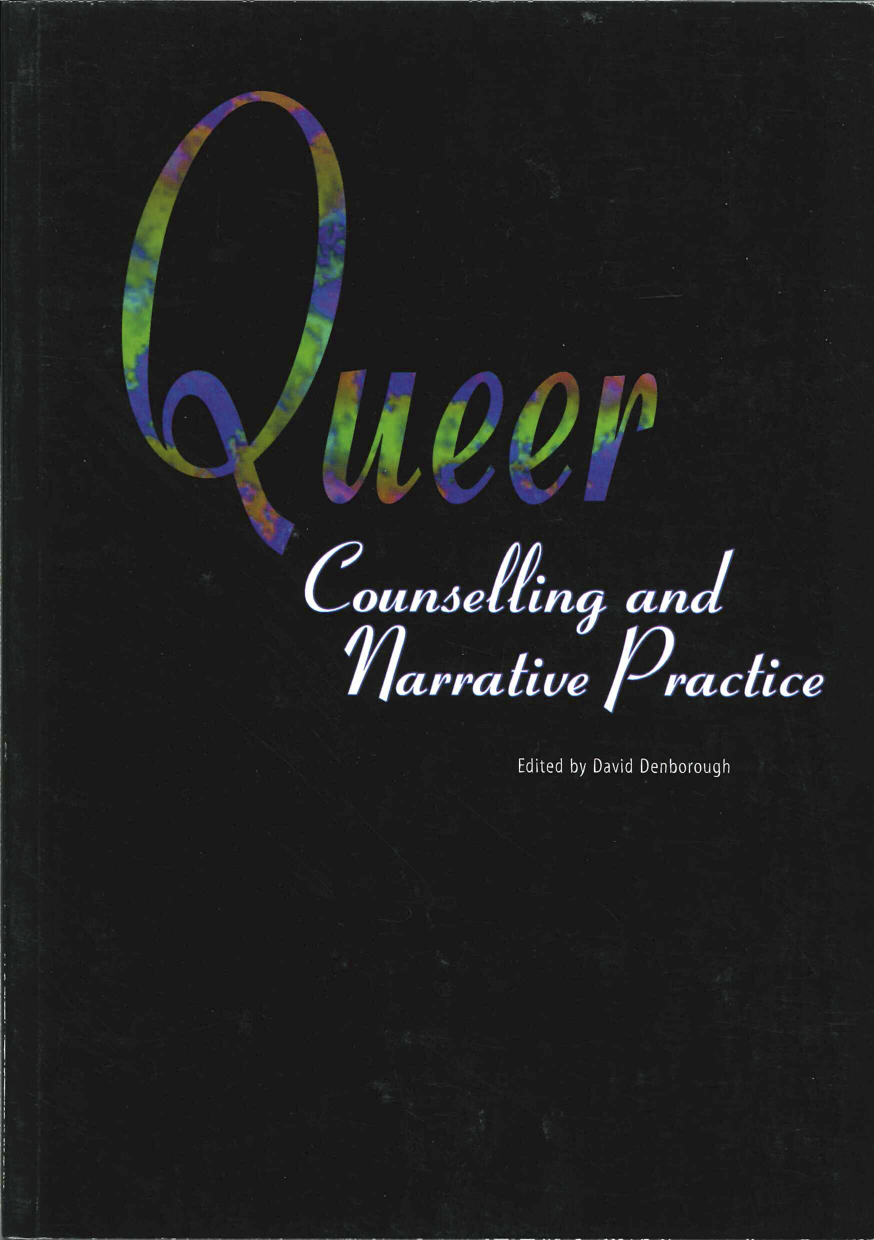
Queer Invitations: Fostering connection between queer young people and their loved ones — Rosie Maeder
This paper demonstrates ways that queer theory can inform narrative practice, including through practices of invitation, deconstruction, questioning dominant discourses and mobilising nonbinary superpowers. The particular focus of the paper is on counselling conversations with queer and trans young people and their families. However, the paper argues that queer theory, with its critical practices that unsettle hegemonic assumptions and call into question the naturalness of taken-for-granted binaries, can fruitfully inform narrative practice in general. Specific examples of practice are included, such as inviting loved ones to join counselling conversations, using therapeutic letters to foster collaboration, guiding conversations about preferred names and pronouns, and responding to pathologising discourses including in relation to gender dysphoria.


